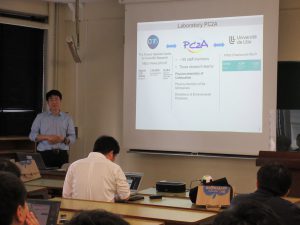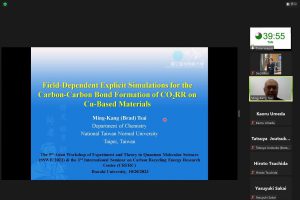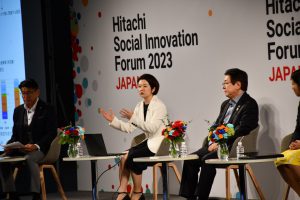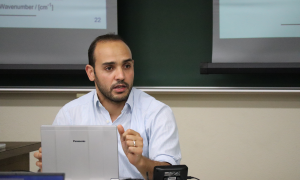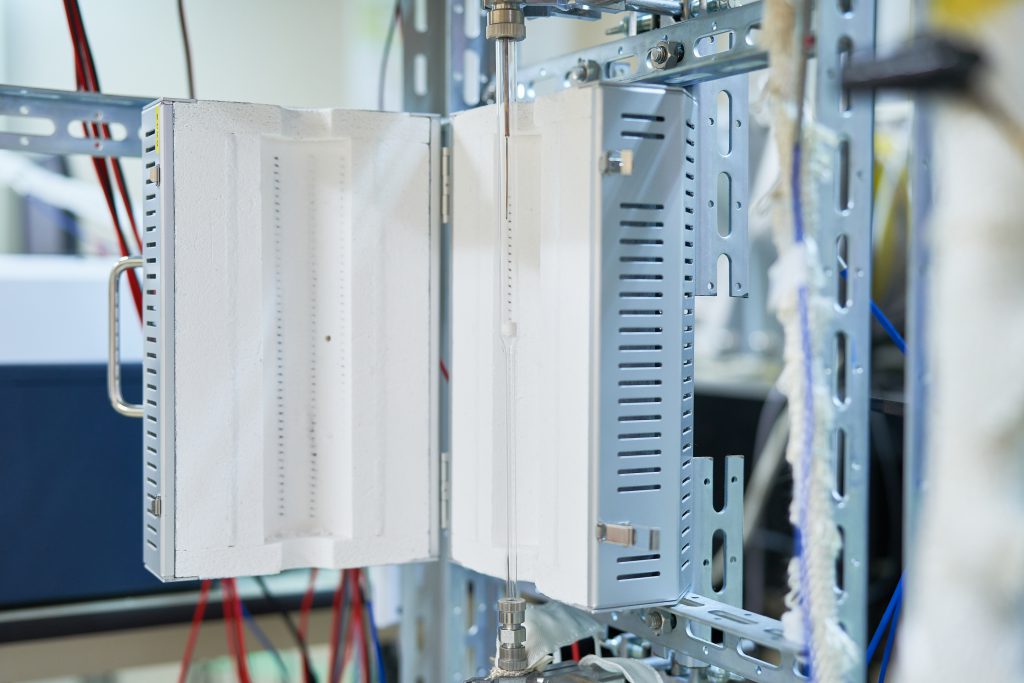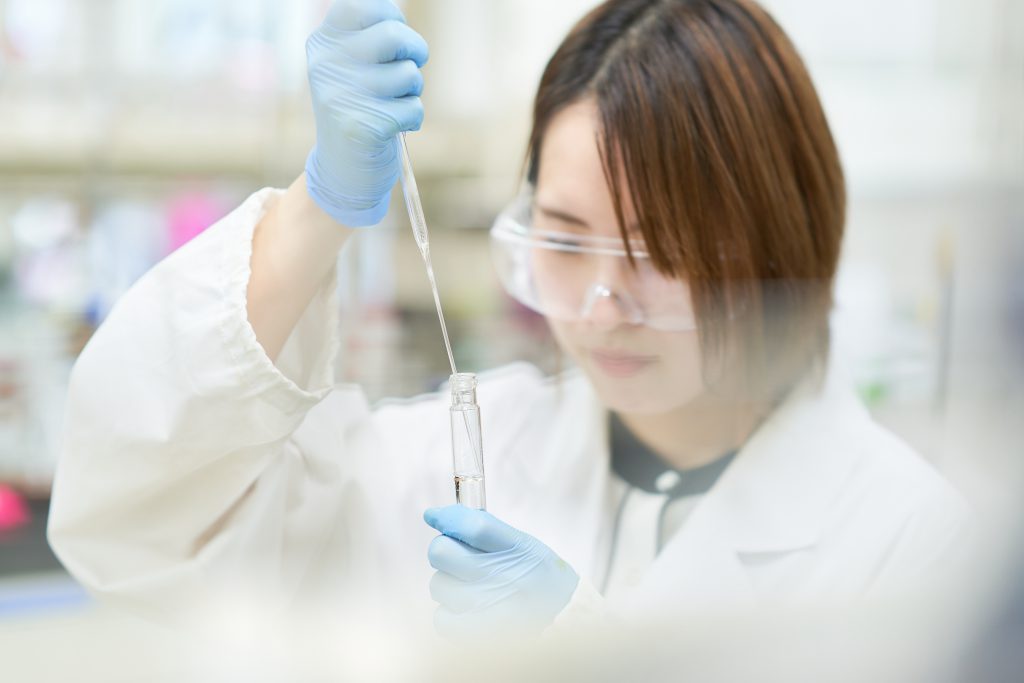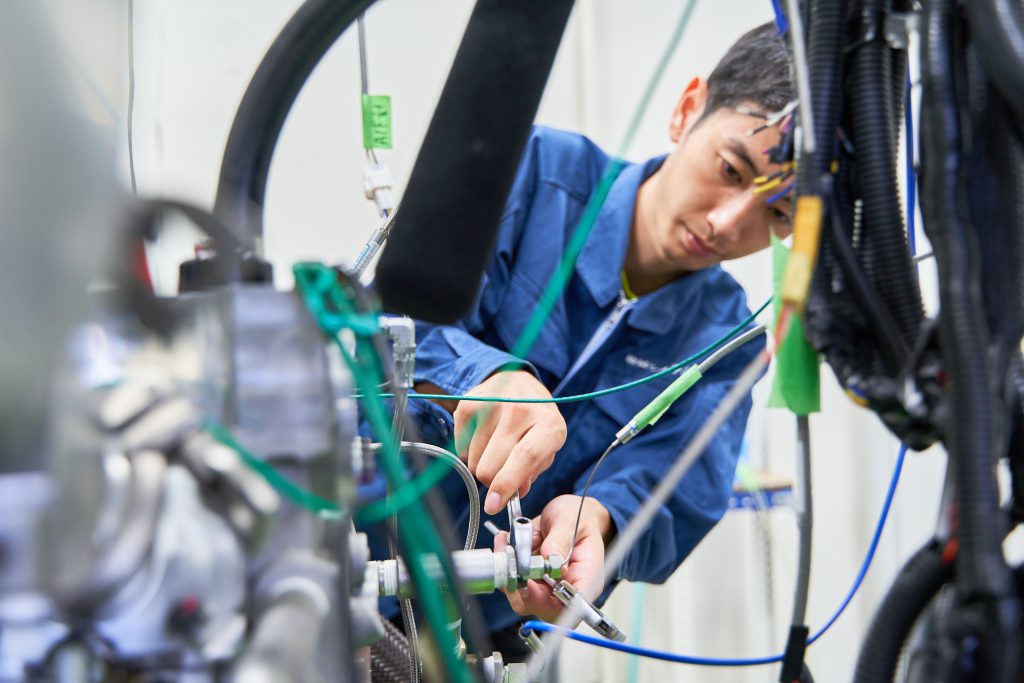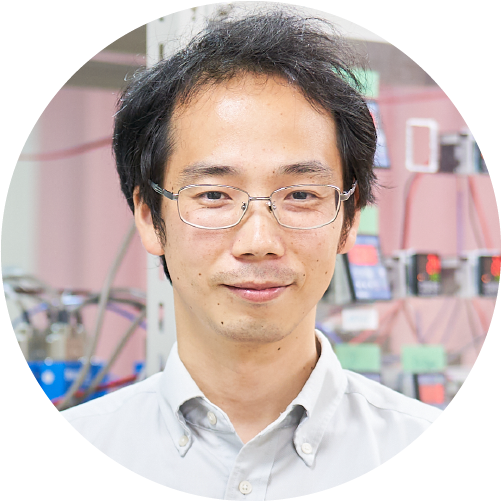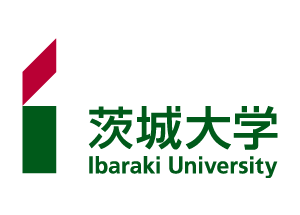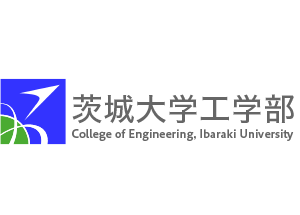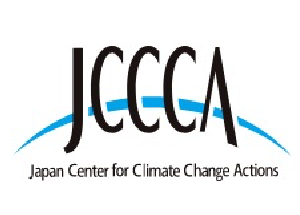Capturing CO₂ from the atmosphere and turning it into resources.
The world's leading carbon recycling starts in Hitachi Campus.
NEWS
The 4th CRERC International Seminar
The 3rd CRERC International Seminar
The 2nd CRERC International Seminar
VISION
Toward Carbon Neutrality in 2050
Ibaraki University Research Team Tackles Societal Implementation of Carbon Recycling
The Carbon Recycling Energy Research Center(CRERC) at Ibaraki University, is an advanced research institute for carbon recycling technology, which is essential to achieve carbon neutrality in 2050.
Equipped with research facilities capable of consistently handling the recycling system of CO₂ that causes global warming, “Capturing CO₂,Synthesize it into fuel and Utilize the synthetic fuel”, CRERC team collaborates with local government, private companies, and overseas research institutions to research and develop carbon recycling technology and implement it in society.

MISSIONS
The only advanced institute in Japan that conducts trinity research on carbon recycling technology that captures CO₂, synthesizes fuels, and utilizes it.



